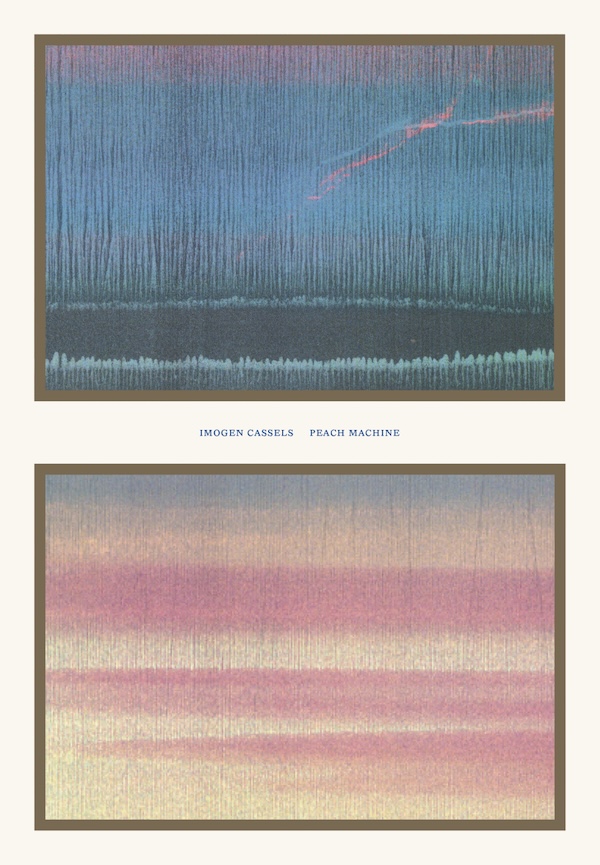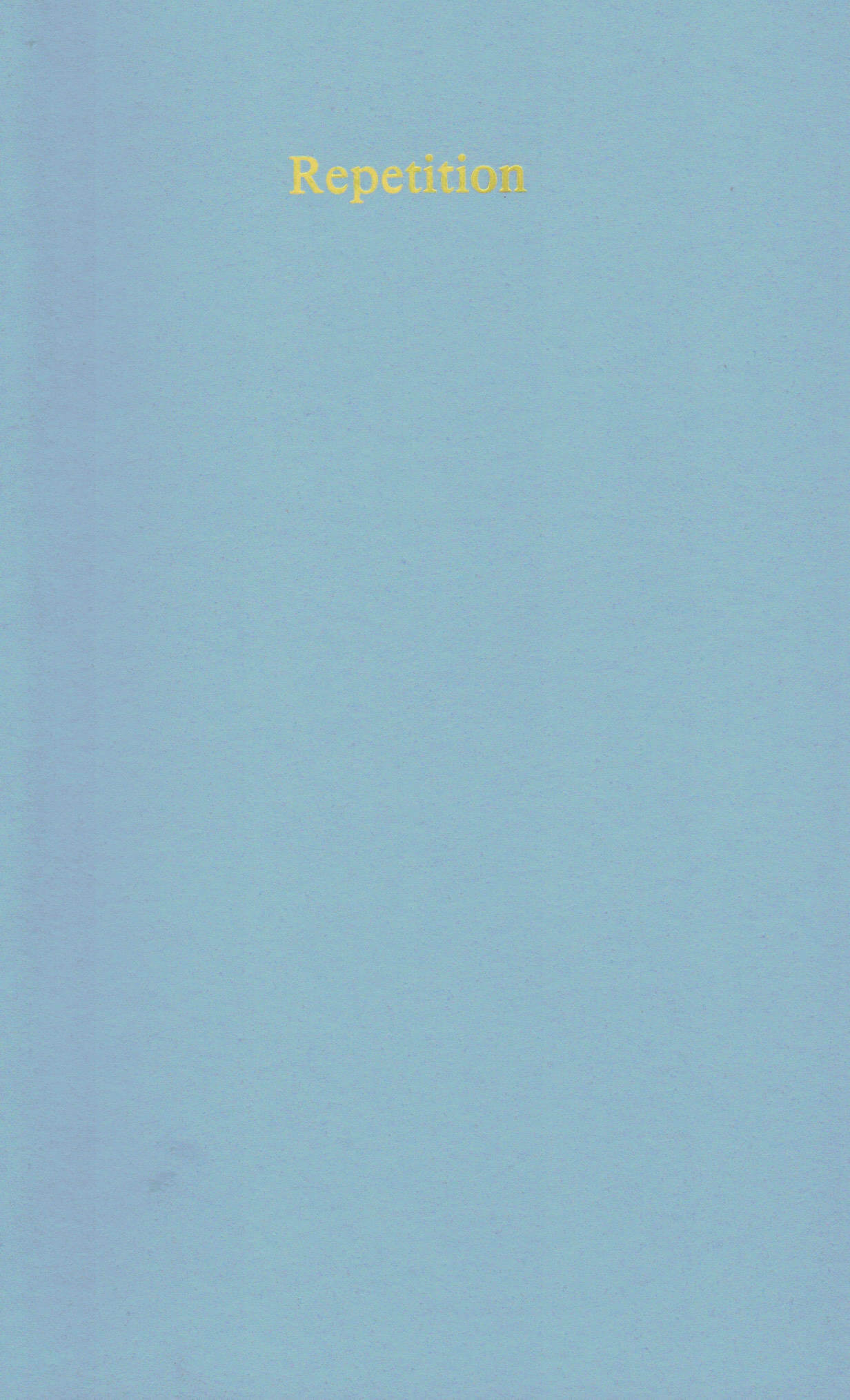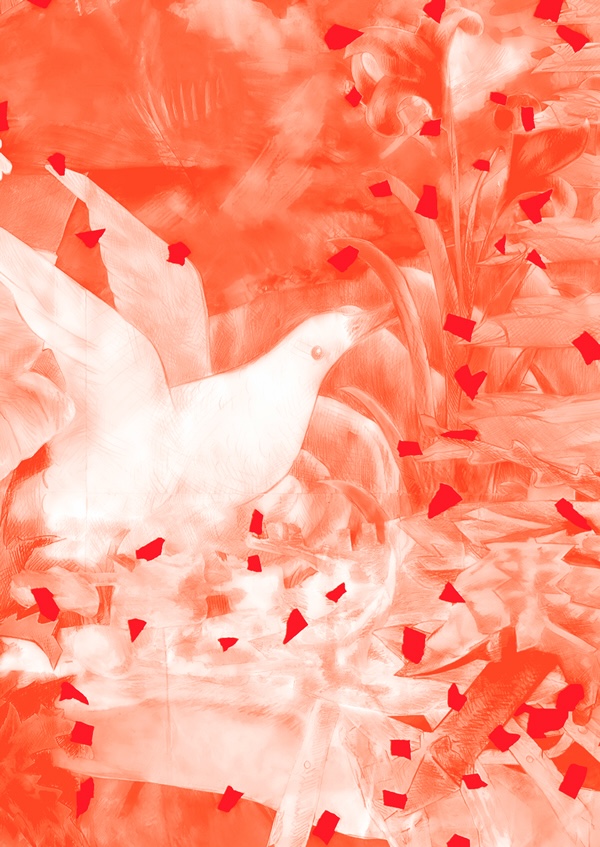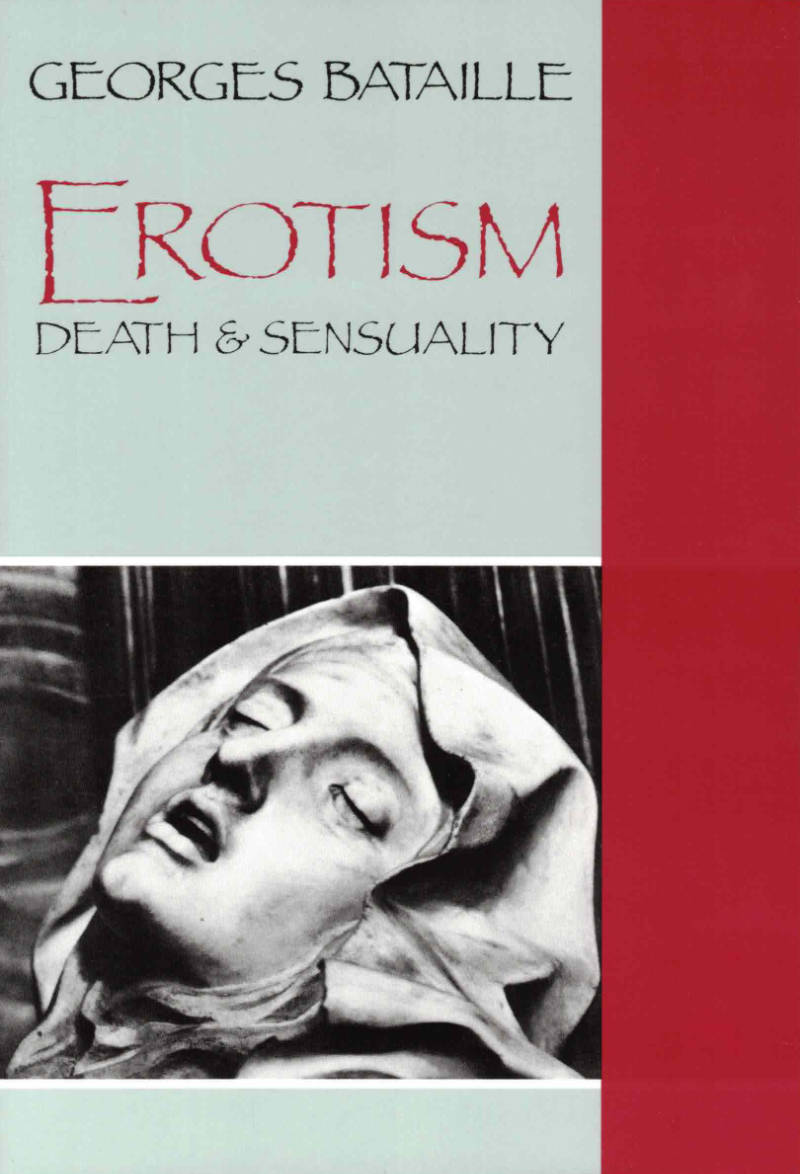
Blackfishing the IUD (Yellow Papers 3)
Excerpts from Caren Beilin’s 2019 essay/memoir about reproductive health and the IUD, gendered illness, medical gaslighting, and activism in the chronic illness community.
“The moon is hollow. The moon is hollow says a certain contingent of people, because of aliens (and, also, the moon has experienced bangs on its surface that have apparently made it ring just like a bell).
These people are conspiracy theorists. Paranoid, conclusive, certain. Too certain. They connect the dots with their eager, enormous chalk. They want something to be true. They want, I think, something new to be true, and they are taken (as I am) with the moon being like a bell, two phonemes, moon, bell, beautiful and struck across each other’s false armor, mutable and beautiful.
The moon is a bell, as the theorist Georges Bataille, in 1931, said, ‘The sun is an anus.’ He was arguing about the beauty – the absolute energy – of the copula.
‘The verb to be is the vehicle of amorous frenzy,’ he wrote, the year that Benjamin unpacked his library, alone. The moon is a bell, and I believe this absolutely, sure. The IUD is the RA. The sexual force of the verb, is, to be, of my verbacious being, will knock any noun into the moon and beyond. Everything is a parody, can be anything. The moon is hollow and made of muleskin. The moon is hollow, insofar as it is coated with the agglutinate, the shining coat, of a limit. I cannot go into the moon with my eyesight. I can’t enter my womb from that time (in November 2015) and sit crosslegged by the device, at the base of its suspending embedding, in the oaty red fist of my uterus, and watch the metal loam off its rigid cross-branch – and leech into tissues and activate, or reanimate, flare, or push over my problem. I can’t spy the center of the inception or the core of my being. I only know the timing. My health deteriorated rapidly after it was in, and I know how horrible it is, to cease planning for trips, outings, applications, or children, waiting and watching for how bad and how soon, and that the moon is hollow
This pamphlet excerpts from Blackfishing the IUD, published in 2019 by Wolfman Books, Oakland. With thanks to Caren Beilin, Jacob Kahn, and Justin Carder.







